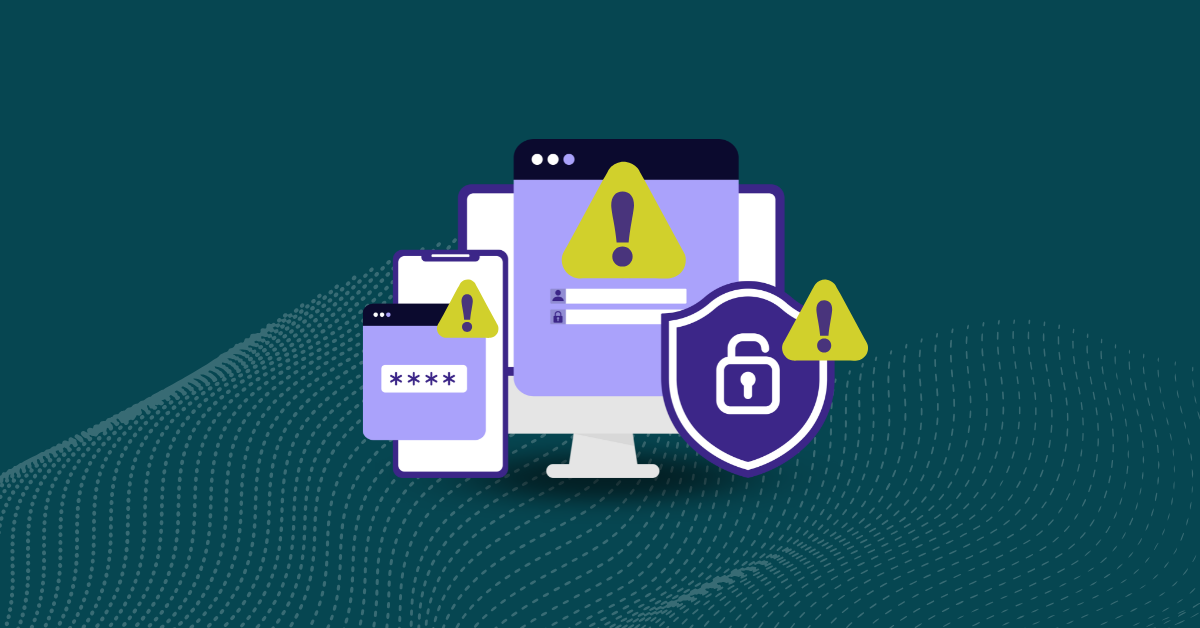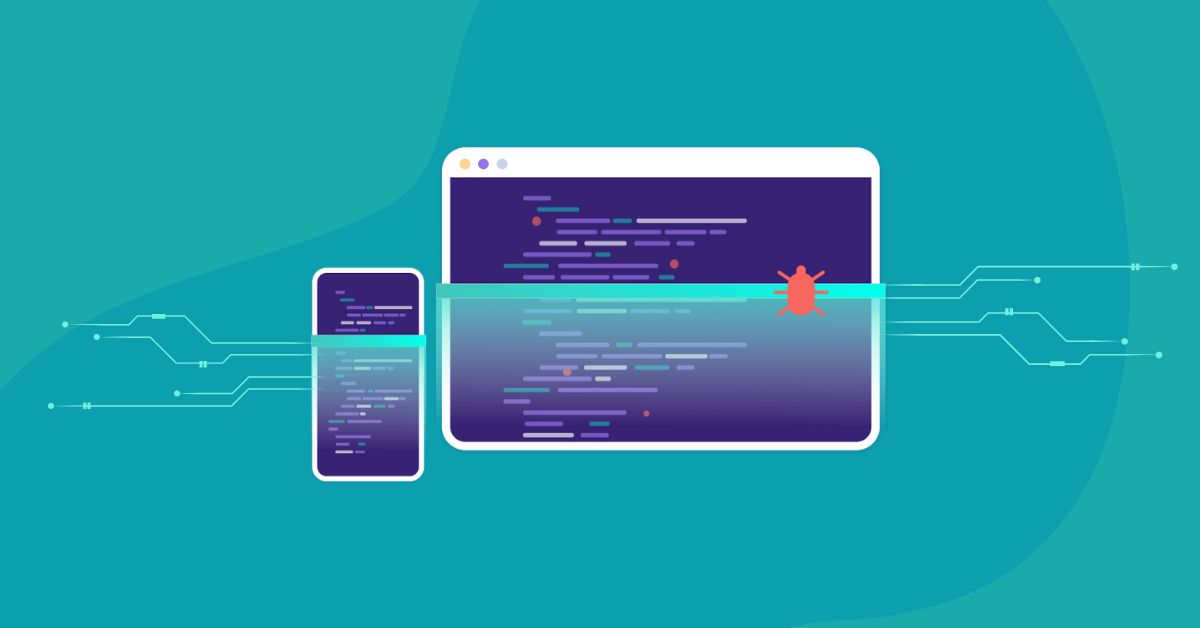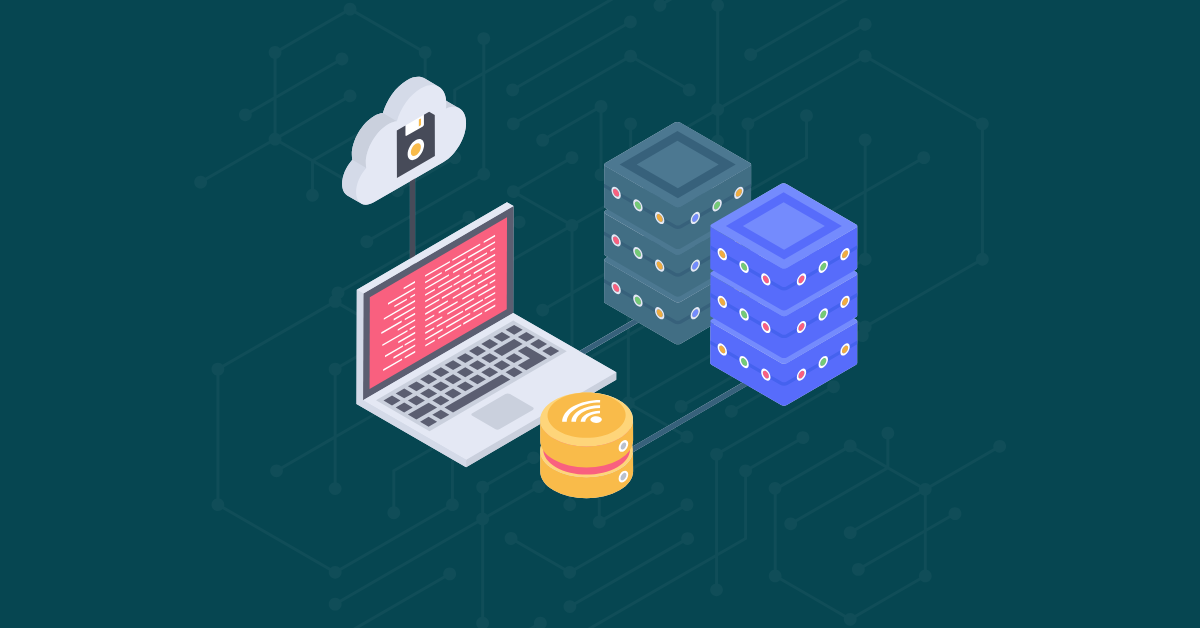

When almost every application uses multiple open-source elements, securing your open-source code is more important than ever. However, open-source scanning doesn’t have to be a hassle.
Discover why open-source scanning is essential and how tools like Kiuwan can make it easier for developers.
Open-source scanning is the process of using code-scanning tools to detect potential security vulnerabilities in open-source components. The most robust versions of these tools can cross-reference vulnerability databases against your open-source software’s code to find the weakest parts of your application and prioritize them in urgency.
The overwhelming majority of applications, over 97 percent on average, use at least one open-source component. The prevalence of open-source projects has made it easier than ever for developers to build new apps quickly. However, with that convenience comes an increased risk of security breaches.
Software composition analysis tools allow developers and security teams to find and mitigate vulnerabilities more easily and implement critical updates to open-source components.
Here are some reasons why open-source scanning tools are essential for creating a better application.
Because open-source code is free to use, businesses can develop apps even faster. However, with that convenience comes the risks of security vulnerabilities that anyone can see and potentially try to exploit. These are some of the most common security risks hackers can exploit in open-source components.
This is one of the most common vulnerabilities associated with open-source components. It includes errors and mistakes in the application’s configurations and how they interact with the open-source code. Failure to detect these vulnerabilities can allow bad actors to expose data, disrupt app operations, and otherwise gain unauthorized access.
This type of attack is a common next step for hackers using phishing or other forms of social engineering. From there, it can force users to request changes to their credentials, money transfers, or even worse outcomes if the victim’s account has administrative access to the app.
Tools like Kiuwan that scan open-source code components can also detect and provide prevention against cross-site scripting (XSS) attacks. By testing your application for potential XSS risks, you can mitigate the likelihood of cross-site scripting that can harm your web applications and leave users at risk.
When hackers successfully use SQL injection attacks, they can insert bogus input data into your application. This allows them to access the information in your database, change or delete data, make administrative changes inside the database, or recover the content of sensitive or deleted files. The only limit to the severity of a SQL attack is the attacker’s skill and imagination, making preventative countermeasures essential for preventing them and mitigating their effects.
It is essential to maintain compliance with the licensing requirements for your open-source software. This ensures that your app’s elements are compliant with the licensing agreements for your open-source components and protects your brand by preventing you from using outdated code.
Software security and quality go hand in hand. Regularly scanning your app helps you identify potential security flaws and find ways to improve the UX and app performance.
The best open-source code scanning tools also come with robust reporting capabilities. By viewing all potential security issues and areas of improvement from a single reporting dashboard, your team can easily find new ways to improve how your software runs. In turn, your user satisfaction will increase, and you’ll be more likely to attract new customers.
Dependencies can be hugely beneficial for developers, allowing them to deliver updates faster using a known library of coding elements. However, although dependencies can make the process much easier and remove the tediousness, they also come with major security risks.
By using dependencies, you’re effectively relying on a team of external developers to write, test, and maintain their code for your application to work.
Open-source scanning allows you to manage and minimize the potential negative effects of dependencies in your software. This reduces your app’s surface area for attacks, making it harder for them to get what they want.
There’s a tendency for developer teams to treat security as an afterthought in the process. In turn, this can make it harder for your team to respond to hacking attempts. However, adopting a DevSecOps approach to building and maintaining your application lets you put security at the forefront.
Using open-source scanning early in development allows you to adopt DevSecOps as part of your process. This, in turn, makes hacking attempts easier to prevent and spot when they do occur.
Most of your customers aren’t used to thinking about app security. If they do, it tends to be after something has already gone wrong. Taking a more proactive approach to app security can change all that—and allow you to earn their trust more easily.
Kiuwan is a scanning tool that allows developers to detect potential vulnerabilities in both first-party and open-source code with SAST and SCA tools. It constantly scans your code for known security risks against the NIST database. Even more, it allows you to detect potential flaws in your code early in the development lifecycle, making it easier to resolve these problems and adopt a DevSecOps approach to QA.
Robust SCA tools like Kiuwan ensure your customers and users can always use your app safely.
Kiuwan helps developers identify potential security risks in their code early in the development process. This allows them to start building a more secure application from the start rather than waiting until later in the development lifecycle to fix any potential security risks.
In addition, Kiuwan is beneficial for developers because it:
Ready to make it even easier to protect your source code and allow your developers to focus on the bigger picture with code security? Request your free trial of Kiuwan’s SAST and SCA tools today.


